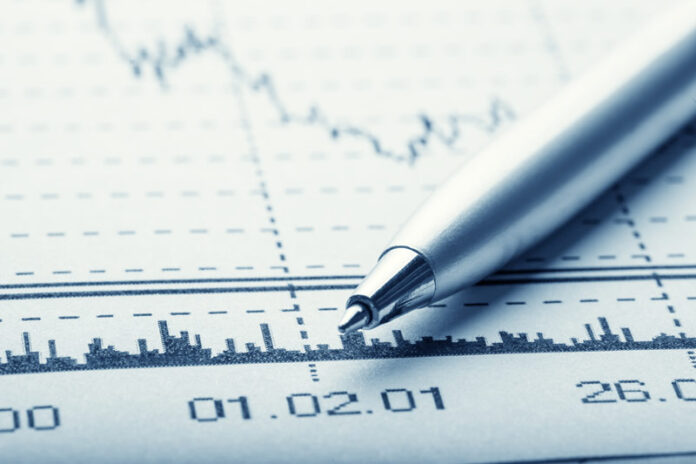By Kevin Buckland
TOKYO (Reuters) – The U.S. greenback hit a five-week excessive in opposition to its main friends on Monday, buoyed by considerations over inflation at residence and world development, though its beneficial properties had been capped by the anticipation that the Federal Reserve would minimize charges later this 12 months.
The Turkish lira fell to a two-month low after the weekend’s elections seemed to be heading for a second spherical, whereas the Thai baht rebounded practically 1% after the Thai opposition routed the events allied with the military additionally within the weekend polls.
The dollar was supported by rising Treasury yields after a survey of U.S. shoppers’ long-term inflation expectations hit its highest stage since 2011, placing a doable Fed charge hike in jeopardy subsequent month, with merchants pegging these odds at 11.5%.
Issues over a stalemate over the debt ceiling over elevating the US authorities’s borrowing restrict by $31.4 trillion additionally offered some help for the safe-haven greenback.
“Now that the Fed is sort of on the sidelines, inflation within the US has are available weaker than anticipated. I believe the markets are just about extra (comfy) with the outlook for the Fed .Now the main focus is on the debt ceiling and when the ‘X-date’ is, and whether or not or not they could enter a halt scenario,” stated Khoon Goh, head of the Asian analysis at ANZ.
Nevertheless, charge cuts are nonetheless priced into the market from July to the tip of the 12 months, on the expectation that policymakers will ease credit score situations in america following a rout in equities. regional US lenders, which was triggered by the collapse of Silicon Valley Financial institution in March.
This restricted the greenback’s beneficial properties, which noticed the euro rise 0.19% to $1.08695, after the widespread foreign money hit a five-week low of $1.08445 earlier. within the session.
The British pound edged up 0.2% to $1.24725.
The rose 0.62% to $0.6683, whereas the rose 0.45% to $0.6219.
“In case you take away the uncertainty across the debt ceiling scenario, the sentiment has turned bearish in opposition to the greenback,” Goh stated.
In Asia, China is on the middle of renewed considerations a few world recession after a sequence of disappointing financial information, together with imports and inflation, highlighted tepid home demand. Extra proof may come from Tuesday’s retail gross sales report.
The dipped to a brand new two-month low of 6.9749 per greenback in offshore commerce on Monday earlier than paring losses barely to six.9633.
The Individuals’s Financial institution of China saved its seven-day repo charge unchanged at 2% on Monday.
The , which measures the foreign money in opposition to six main friends, hit 102.75 for the primary time since April 10 in early Asian buying and selling, however then fell 0.11% to 102.58.
The index rebounded 1.4% final week.
The speed was little modified in Tokyo, hovering round 3.485%.
This saved strain on the yen, which tends to maneuver inversely to long-term US yields. The Japanese foreign money dipped as little as 136.27 to the greenback and was round 0.3% decrease at 136.17 to the greenback.
The greenback final rose 0.28% to 19.635 Turkish liras after surging to 19.70 for the primary time since March 10.
Turkey headed to a second spherical after President Tayyip Erdogan beat expectations, holding a large lead over his rival however falling in need of an outright majority.
The US foreign money fell 0.72% to 33.735 baht in onshore Thai commerce, and beforehand fell 0.92%.
Thailand’s opposition events secured a shocking election victory on Sunday, however it was removed from sure they’d type the subsequent authorities, with parliamentary guidelines drafted by the navy junta.
“It appears just like the political stability concerned within the ‘Goldilocks’ end result could gas the (Thai baht) rally,” stated Vishnu Varathan, head of economics and technique at Mizuho Financial institution.
“The victory of Transfer Ahead and Pheu Thai didn’t upset expectations and reinforces financial optimism concerning the revival of the non-public sector.”
